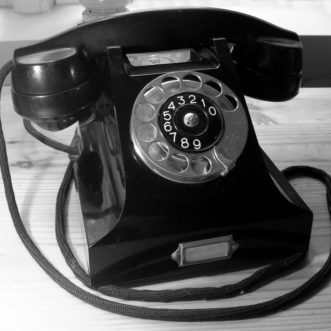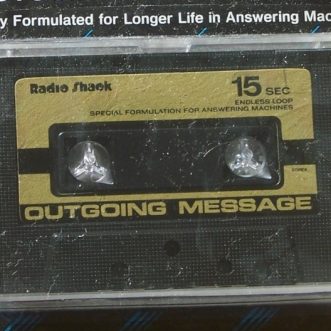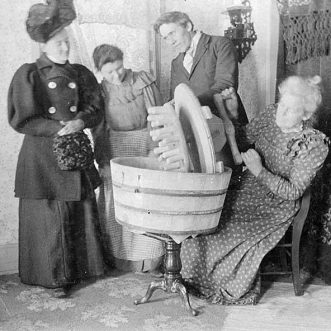
Start from where they are
Decades ago, I rescued my mother from a tiny rock, in a shallow sea. No big deal you might think, but she had poor eyesight, vertigo, and couldn’t swim. She was used to staying on the sand. She was panicking, hiding it because she’s our mum, and supposed to be in charge.
I might have been tempted to shout from my place halfway up the beach: “Just step in, it’s not deep, you’ll be fine!”
But I didn’t. I paddled out to her, took her by the hand, and helped her to put one foot down and the water and see just how shallow it was. I got her to put her next foot down, letting her lean on me until she felt steady on her feet.
Then I let her walk by herself the rest of the way.
When what you offer is new, it is also scary. It doesn’t matter that you know the rock is tiny and the sea is shallow. Your prospect doesn’t know that, not emotionally, where it matters.
Don’t just shout from a distance, move to where they are, accompany them on the first steps of their journey. Then let them move forward with dignity.
They’ll remember that for the rest of their life.








